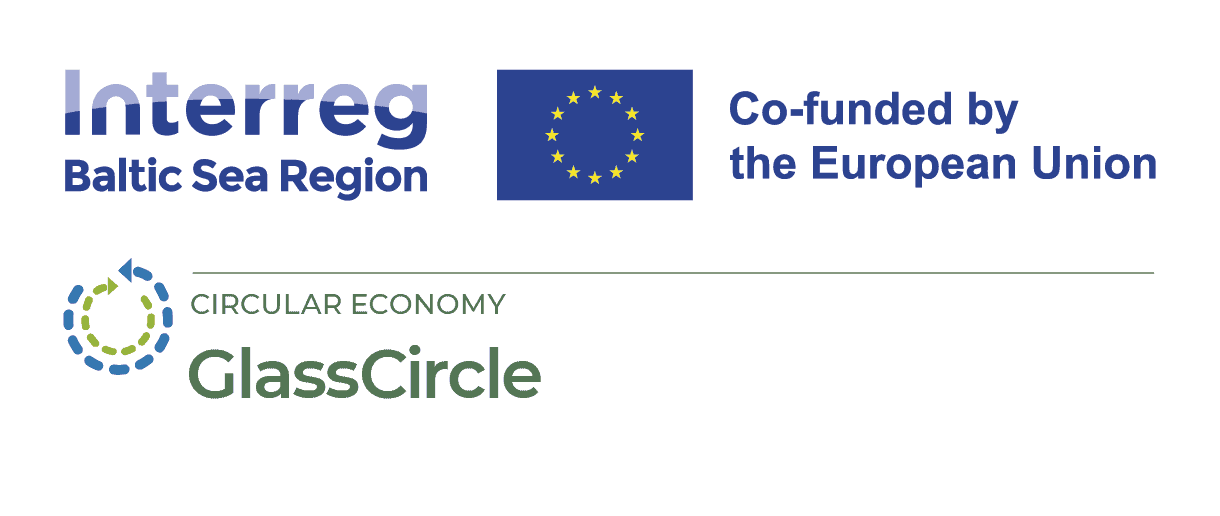
Survey Reveals Public Insights on Glass Fiber Residues and Circular Economy Challenges
15 January 2025
The GlassCircle project has recently completed a comprehensive survey aimed at understanding public awareness and opinions about the use of glass fibers and the challenges associated with their residues. This initiative is a vital step toward promoting sustainability and advancing the circular economy within the fiberglass industry.
Key Findings of the Survey
The survey, conducted across Latvia and other Baltic Sea region countries, engaged respondents from diverse demographics and professional backgrounds. Notable insights include:
- Significant Knowledge Gaps: While Latvian respondents near fiberglass manufacturing centers exhibited higher awareness, a large proportion of participants, especially outside Latvia, lacked familiarity with the applications and recycling challenges of fiberglass.
- Positive Public Perception: Over 70% of respondents in Valmiera Municipality, home to the prominent Valmiera Glass factory, viewed the fiberglass industry favorably. This perception underscores the industry’s economic and societal importance.
- Interest in Waste Management: Many respondents expressed interest in waste sorting and recycling solutions, highlighting a receptive audience for sustainability initiatives within the fiberglass sector.
Challenges and Opportunities
Despite these promising findings, the survey revealed significant gaps in knowledge about fiberglass residue recycling and its potential applications. This lack of awareness poses challenges for companies aiming to embrace transparency and engage the public in their sustainability efforts.
The survey findings underline the necessity of initiatives like GlassCircle to foster collaboration between industry, policymakers, and communities. Through education and innovation, the project aims to reduce fiberglass waste and create value from residues, paving the way for a sustainable future.
Read the Full Report
To delve deeper into the survey results and insights, read the complete report here.





